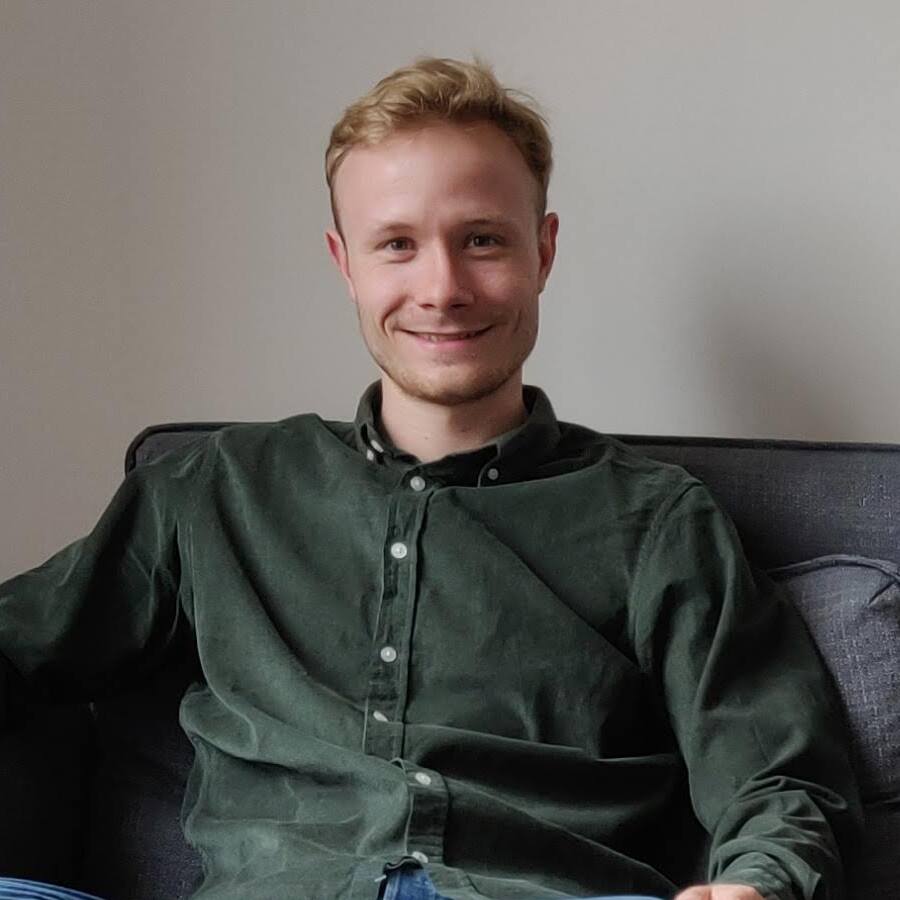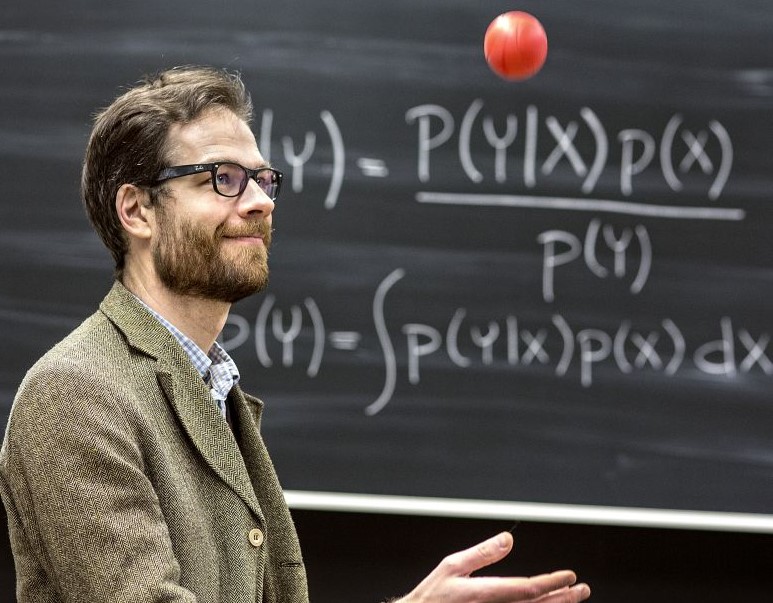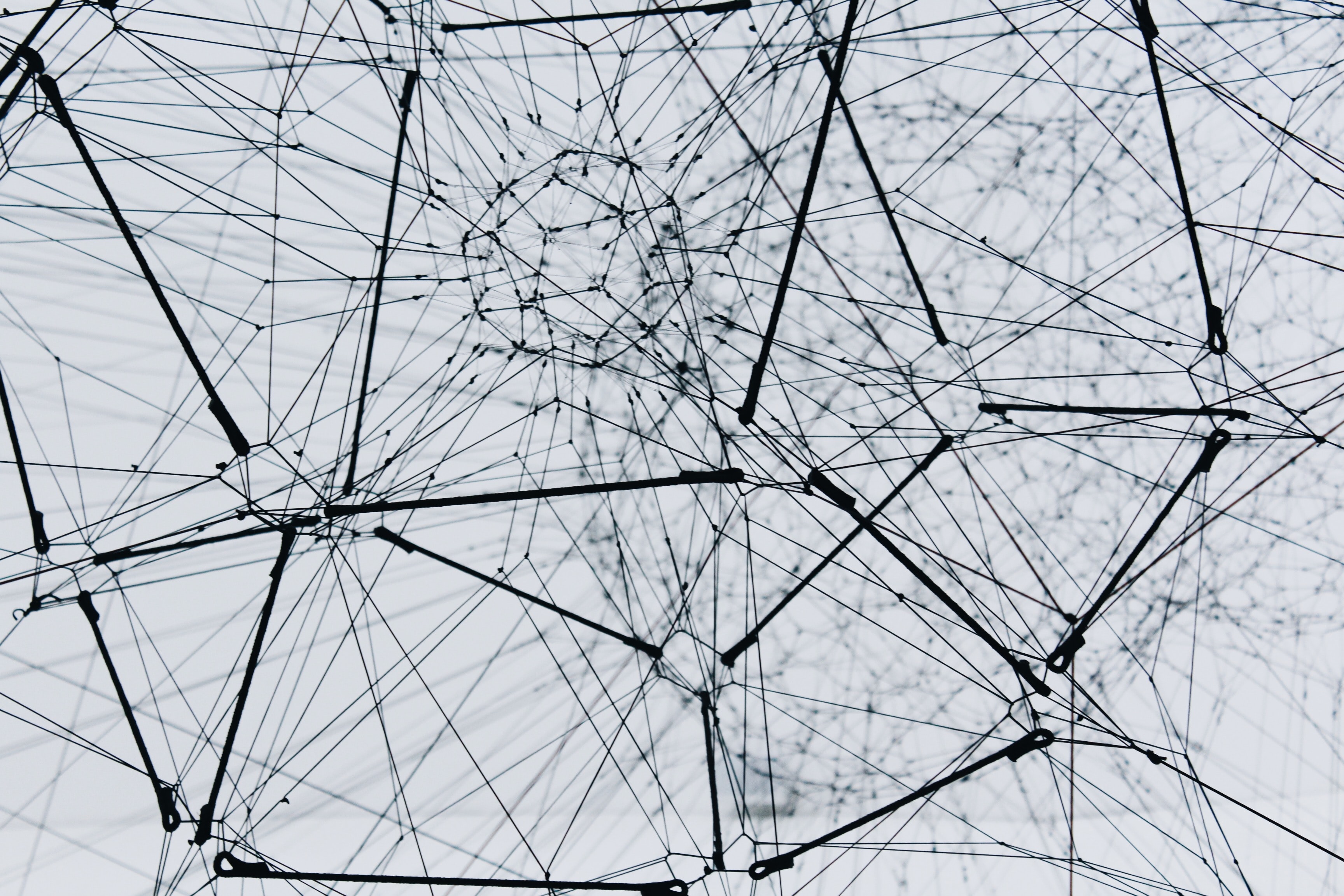
Overview
Optimisation problems are commonplace in many engineering disciplines. From optimising the fuel efficiency of a jet engine, to minimising the cost of shipping goods around the globe. These optimisation problems come almost always with certain constraints, such as needing to ensure that the turbulance of the jet is within an acceptable level, or keeping the travel time of goods below a certain threshold of days. In most real-world settings, both the objective (e.g., fuel efficiency) and the constraints (e.g., turbulance levels) are unknown and need to be learned from data. Bayesian optimisation is the de-facto standard method to tackle the optimisation of unknown objectives. In this project, we want to extend Bayesian optimisation to tackle the problem of unknown constraints. We propose to do this using Lagrange multipliers, a well-known technique used in classic optimisation.




